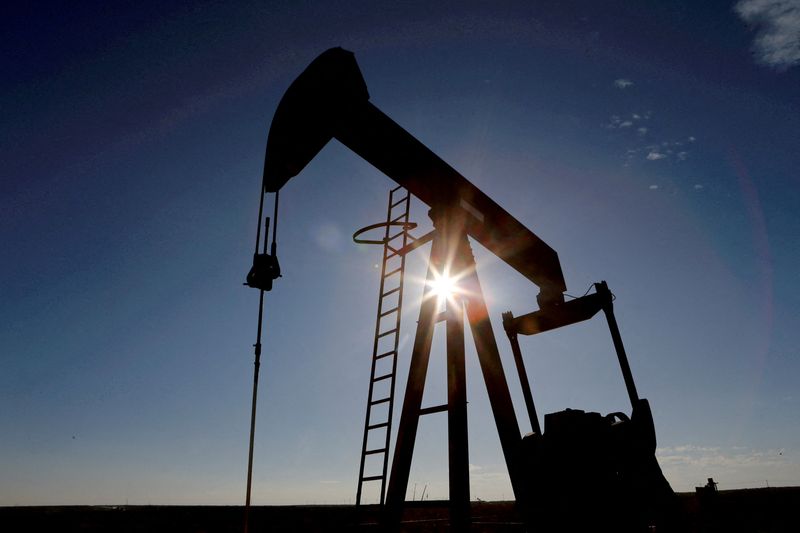Global economic uncertainty will put pressure on oil quotes
2022.12.30 12:25

Global economic uncertainty will put pressure on oil quotes
Budrigannews.com – According to a poll conducted by Reuters on Friday, supply shortages brought on by sanctions against Russia are offset by COVID-19 flare-ups in China, which pose a threat to demand growth and are expected to offset small gains in oil prices in 2023.
A survey of 30 economists and analysts predicted that the average price of a barrel of oil would be $89.37 in 2023, which is approximately 4.6% lower than the $93.65 consensus that was found in a survey conducted in November. In 2022, the global average was $99 per barrel.
is expected to average $84.84 per barrel in 2023, compared to the consensus of $87.80 the previous month.
According to Capital Economics assistant economist Bradley Saunders, “We expect the world to slip into recession in early 2023 as the effects of high inflation and rising interest rates are felt.”
Since the beginning of November, Brent has fallen by more than 15% and was trading at around $84 a barrel on Friday as rising COVID-19 cases in China lowered expectations for oil demand growth in the world’s largest crude oil importer. O/R] Senior analyst Edward Moya of OANDA stated, “The oil market is still tight despite a weakening global demand outlook as recession fears run wild,” adding that China will be the primary focus in the first quarter of next year.
Oil demand, according to the majority of analysts, will rise significantly in the second half of 2023 as a result of China’s relaxation of COVID-19 restrictions and central banks’ decision to reduce their rate of interest.
According to the survey, Western sanctions on Russian oil are likely to have little effect.
Analysts at Goldman Sachs (NYSE:) stated, “We do not expect an impact from the price cap, which was designed to give third-country buyers bargaining power.” written in a note.
This week, Moscow issued a decree prohibiting the supply of oil and oil products to countries participating in the Group of Seven (G7) price cap for a period of five months beginning on February 1.
Kpler, a data and analytics company, stated, “In the event of a severe drop in Russian exports (which we do not expect to occur), OPEC+ will likely be ready to increase output to prevent prices from rising too high.”
More Chevron trades Oil with Venezuela despite sanctions








